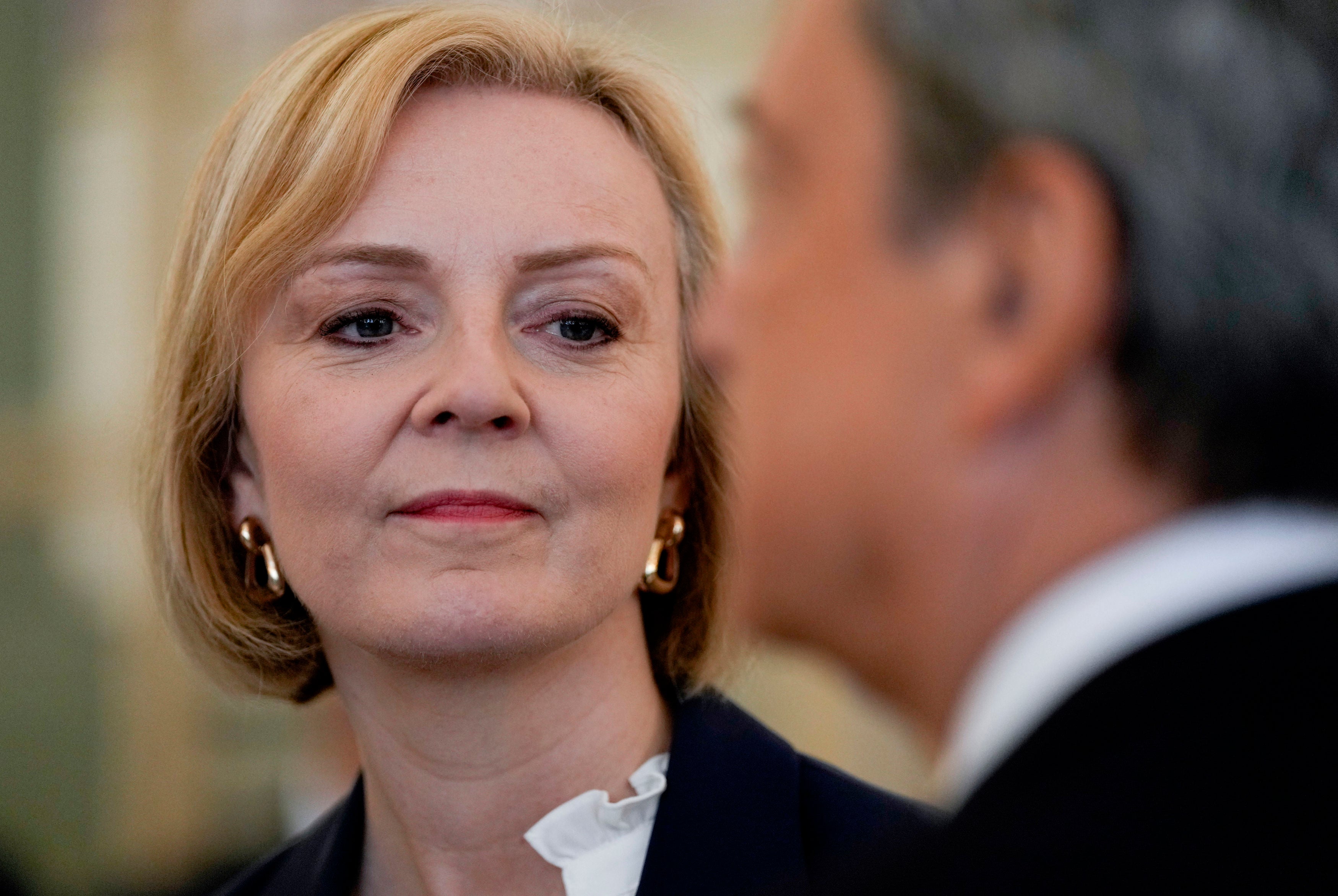Liz Truss needs to overcome her nanny state hang-up and tell people to save energy
Editorial: As the National Grid plans for blackouts in a worst-case scenario, the prime minister refuses to urge responsibility

The nation faces the possibility of three-hour power cuts this winter, according to the National Grid. Planning for the winter suggests that system operators should be able to meet normal demand, but that it would be prudent to be prepared for the loss of electricity imports from the continent, the loss of gas supplies, or exceptionally cold weather.
As we report, the National Grid is to launch an incentive scheme to encourage people to use washing machines or to charge electric cars outside peak hours, in an effort to manage demand.
This is the responsible approach, and it is a pity that the prime minister seems to regard such attempts to nudge people’s behaviour as a matter purely for the industry and not the government.
Liz Truss has an ideological hang-up about the nanny state that requires ministers to refrain from encouraging people to save gas and electricity. She proudly declared in her speech to the Conservative Party conference in Birmingham: “I’m not interested in how many two-for-one offers you buy at the supermarket.” While The Independent shares her reservations about the effectiveness of banning “buy one, get one free” offers as a way of reducing obesity, we think that there is a role for collective action in the energy crisis.
We fear that her starry-eyed veneration of individual liberty has distracted her from the duty of a national leader to speak clearly about social responsibility.
She has already conceded that the price mechanism cannot do all the work of discouraging excessive energy use – hence the subsidy for gas and electricity bills. This was an extraordinarily expensive intervention, which lessened the incentive for the owners of swimming pools to cut down on their heating bills and, more prosaically, for shops to shut their doors to keep the heat in.
This ought to make it more important that Ms Truss uses what authority remains to her as prime minister to urge people and businesses to use energy carefully. If people use less, the chances improve of getting through the winter with uninterrupted supply, but also the cost to the taxpayer of the price subsidy will fall.
To keep up to speed with all the latest opinions and comment sign up to our free weekly Voices Dispatches newsletter by clicking here
It is very much in Ms Truss’s political interest that people should use less energy, although she has squandered a lot of the political capital that would allow her to appeal to the nation’s sense of solidarity. If she had not tried to cut the top rate of income tax, she could have taken credit for the government’s help with energy bills and declared: “We will get through this together.” Even despite the top-rate debacle, however, people are ready to respond to an appeal for a national effort to conserve energy.
It would be damaging to the prime minister and to the national interest for her to allow her hostility to “nanny statism” to get in the way of such a common-sense campaign.
During the Conservative leadership election, Ms Truss unwisely ruled out energy rationing this winter. If she were rational, she would want to try to avoid such an outcome by exhorting people to save energy. Fortunately, National Grid is planning for what might happen in realistic scenarios where not everything goes as hoped. The prime minister should take her cue from such responsible realism.



Join our commenting forum
Join thought-provoking conversations, follow other Independent readers and see their replies
Comments